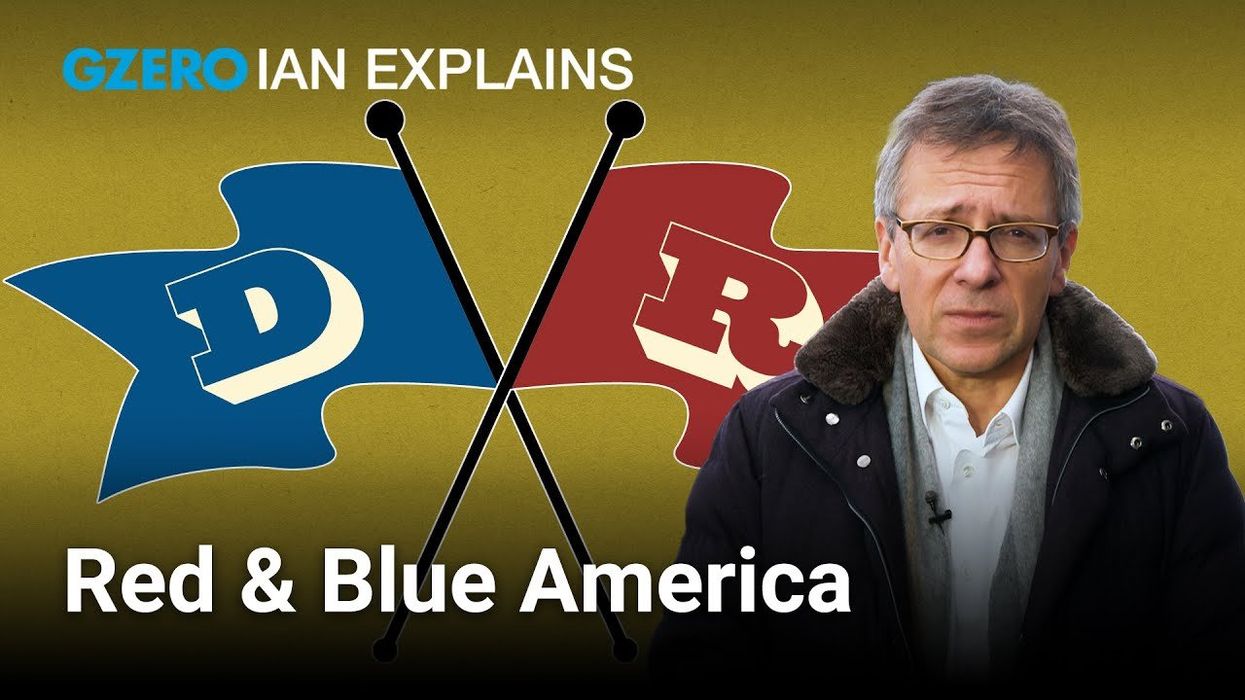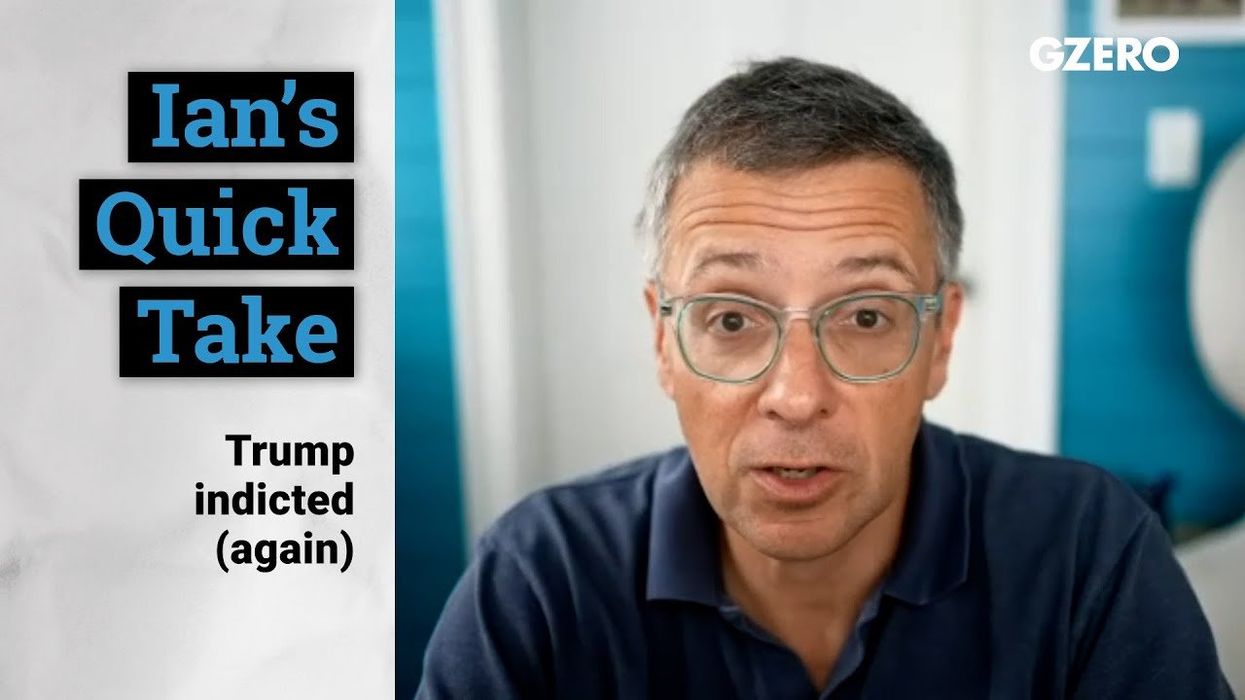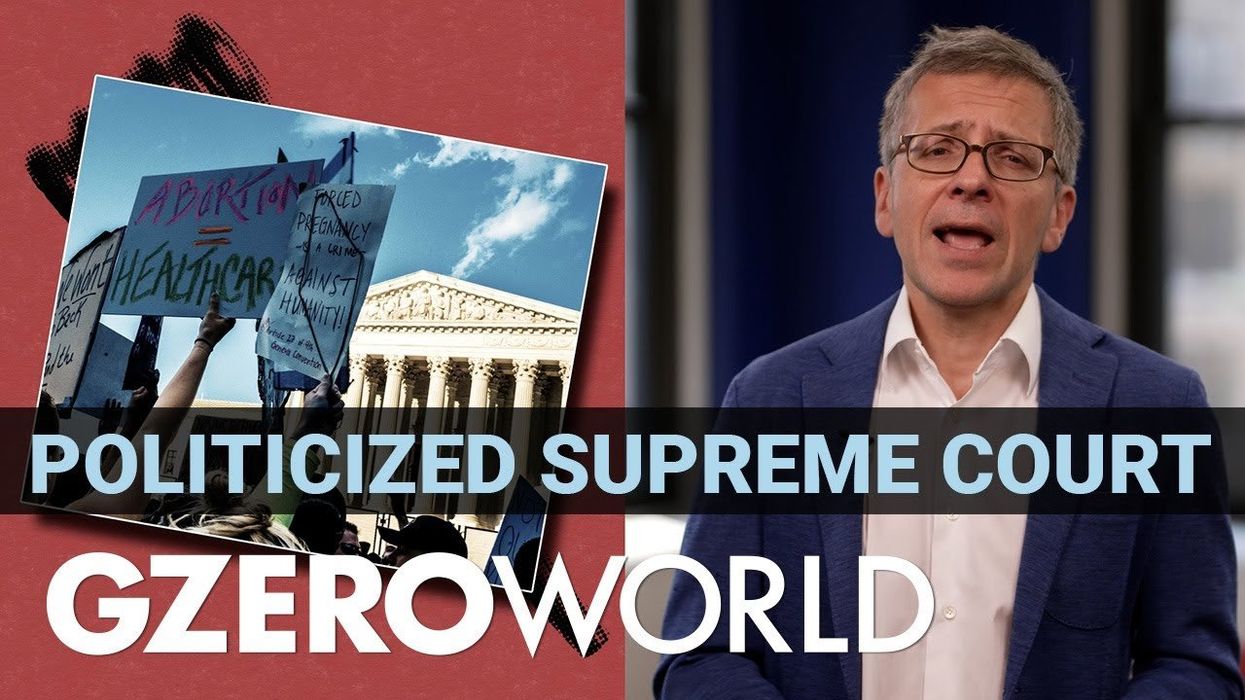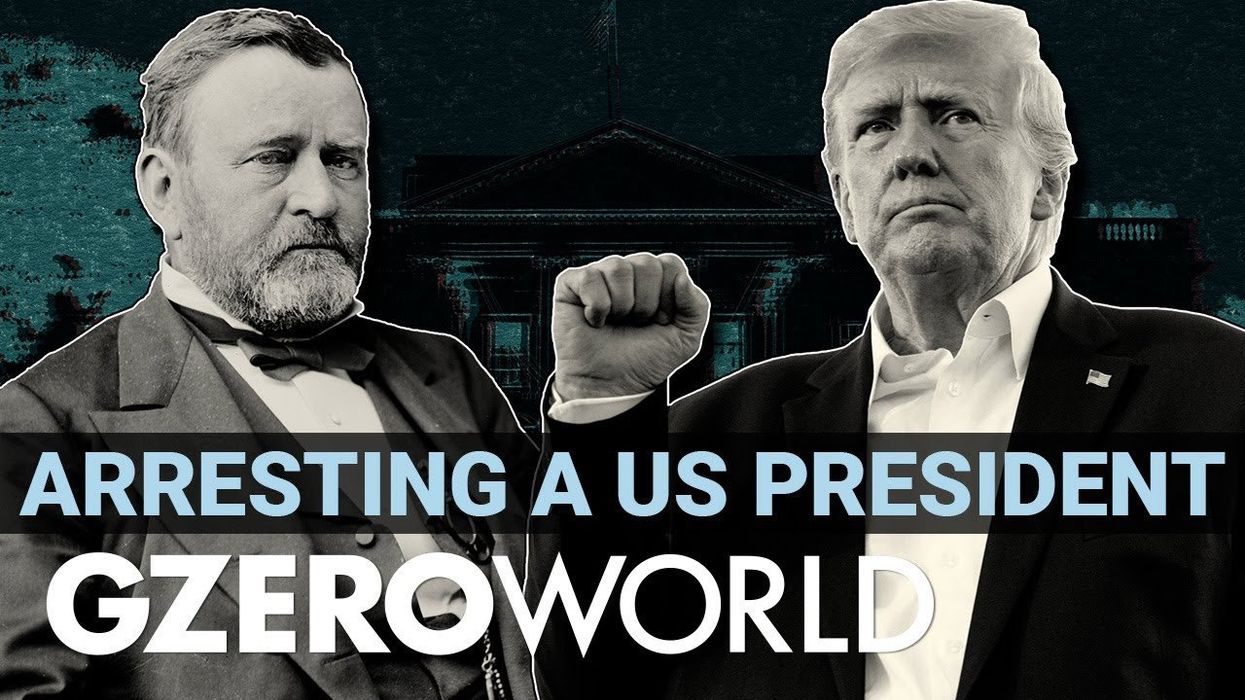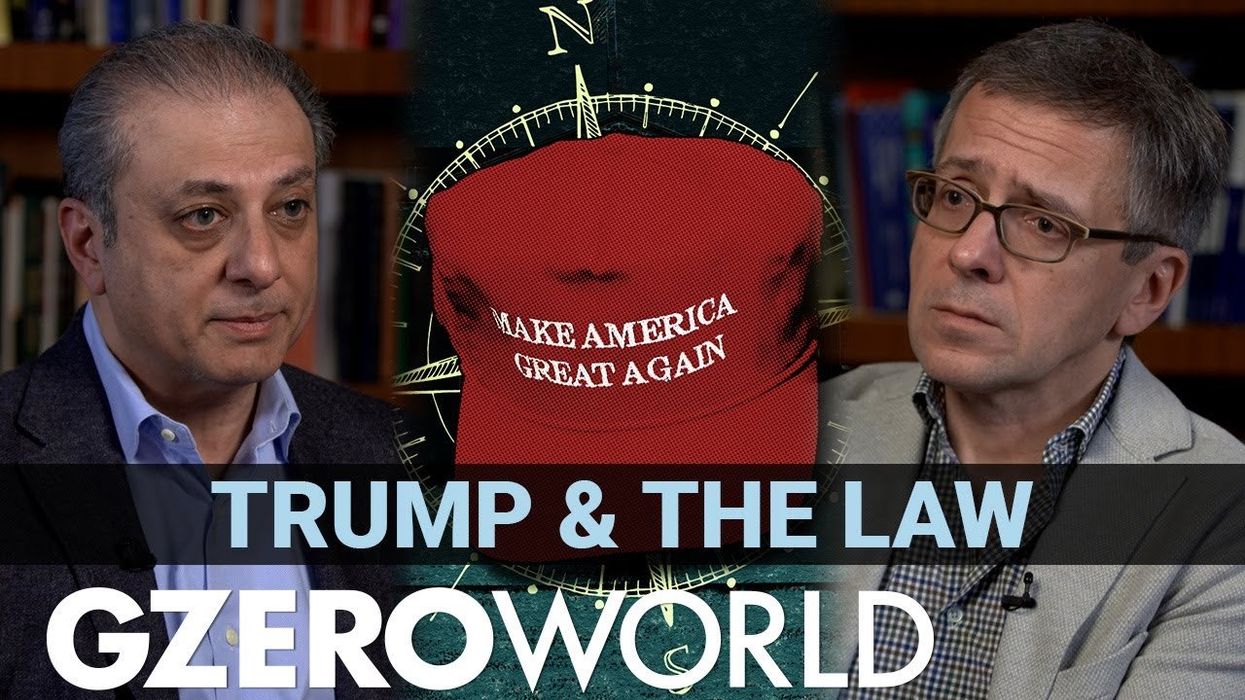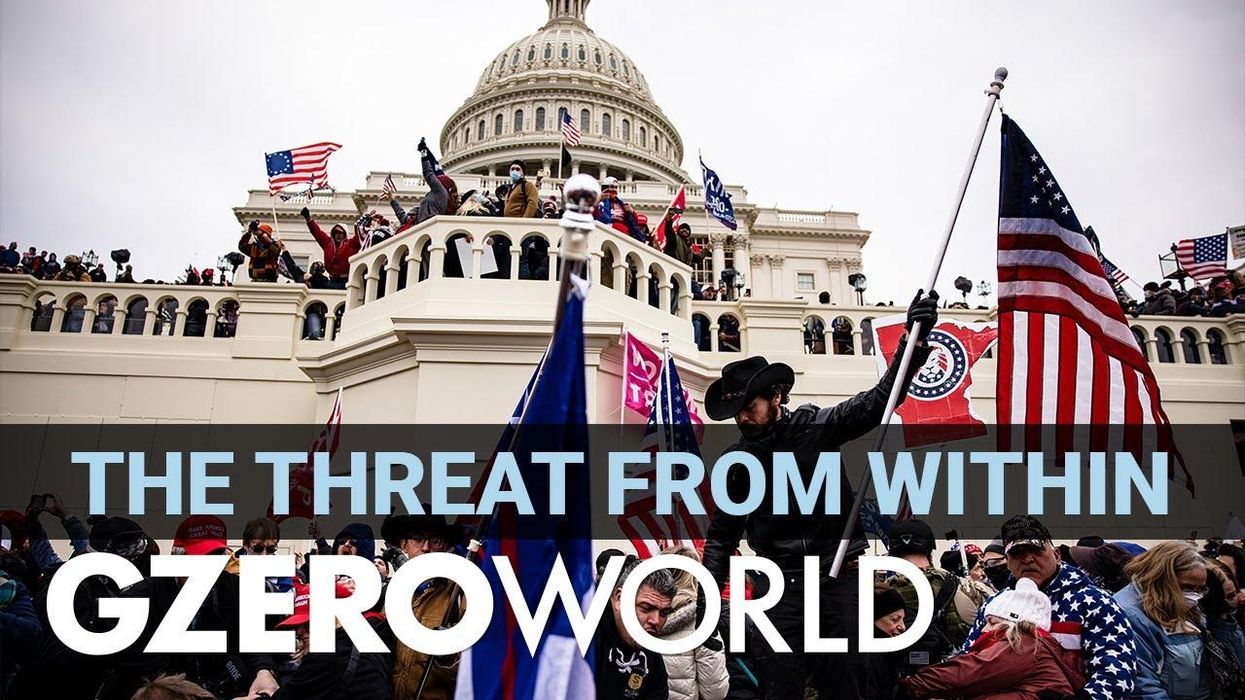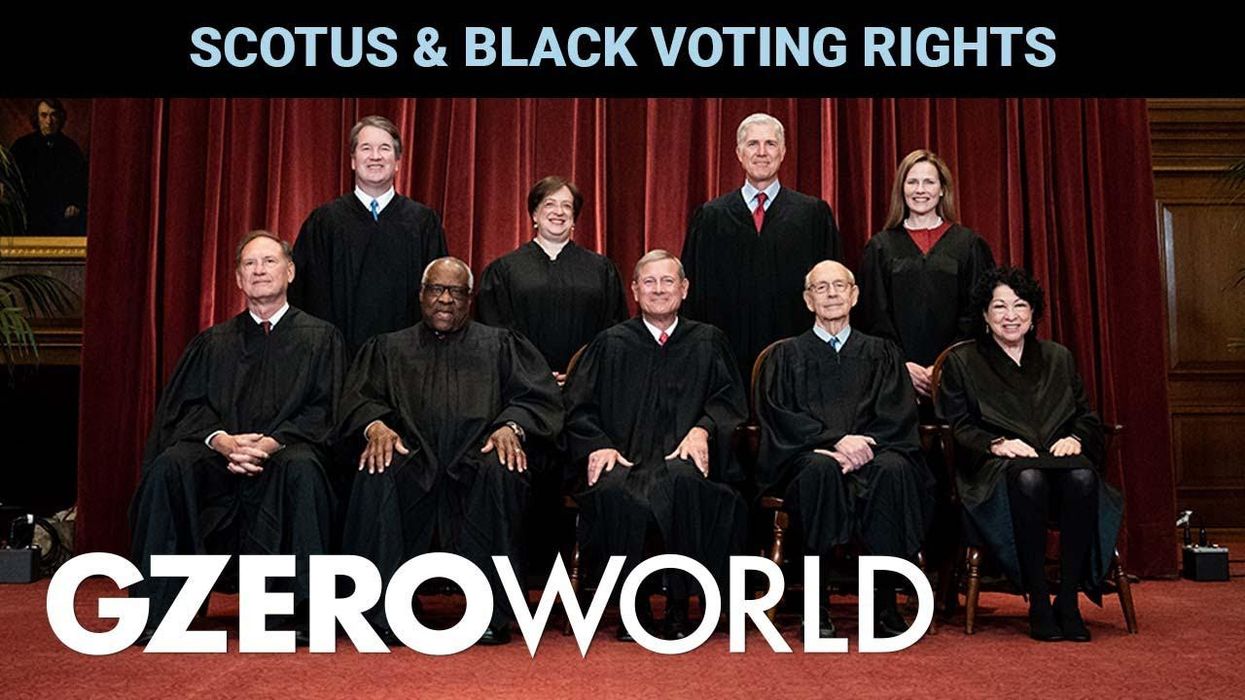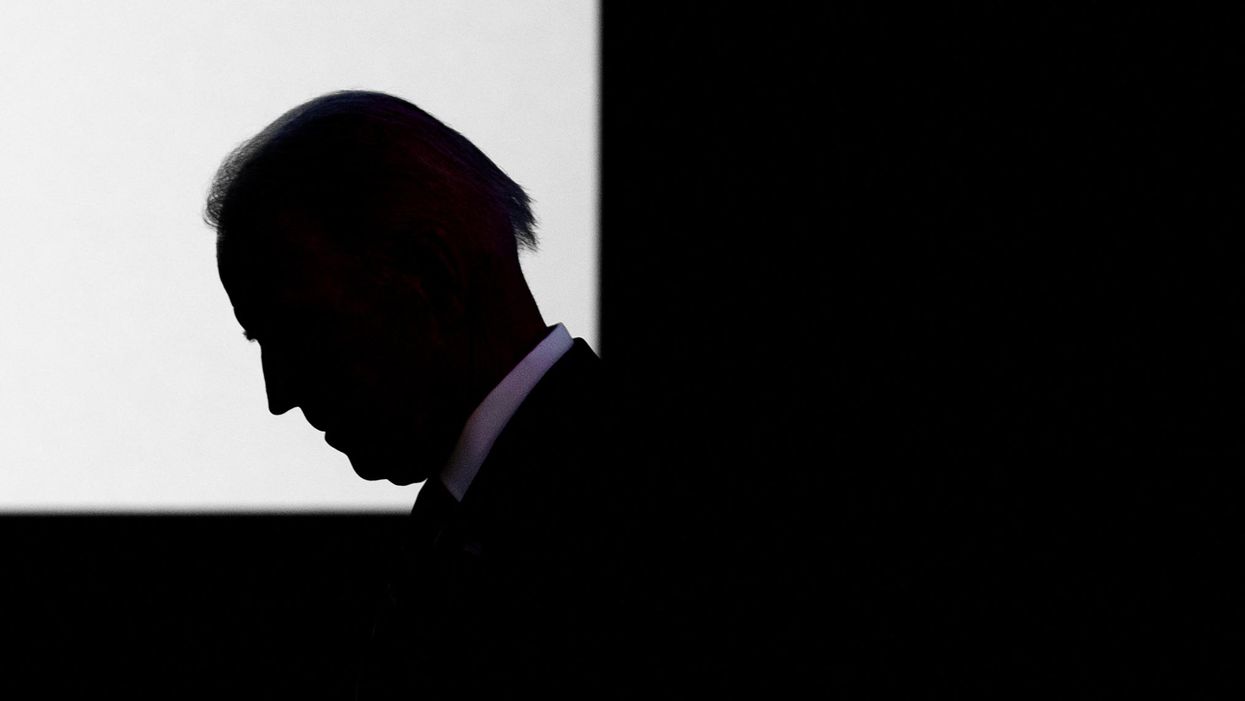Ian Explains
Ian Explains: How the US turned red and blue
Do you live in a red state or a blue state? Until fairly recently, such a question would have been nonsensical in the US. Ian Bremmer rolls back the clock on GZERO World to take a look.
Jan 30, 2024
